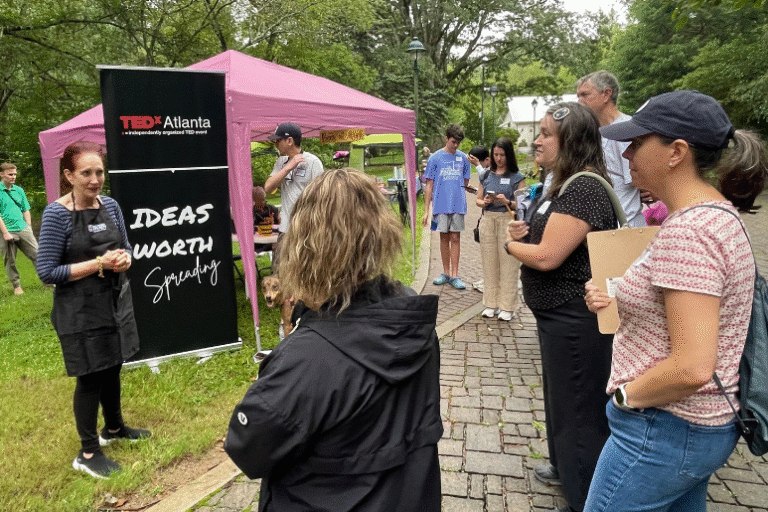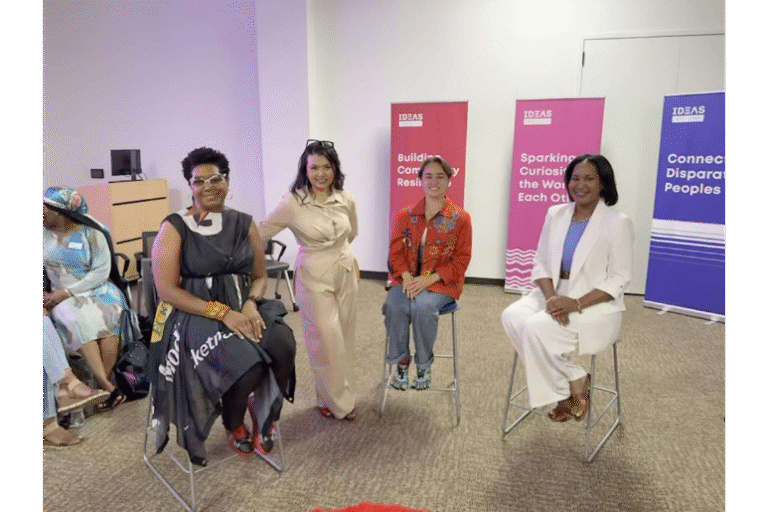Sometimes, big change begins with something as small as a bee.
Pollinators — bees, butterflies, beetles, flies, and more — are the invisible workforce behind our food, our flowers, even our forests. Without them, plants don’t grow. And yet, these tiny creatures are vanishing at alarming rates.
The good news? You can help. And it only takes 15 minutes.
One plant, one simple act
This August, TEDxAtlanta is teaming up with the University of Georgia’s Great Southeast Pollinator Census. It’s a citizen science project where everyone can make a real difference.
Here’s how it works:
Find a blooming plant. Set a timer for 15 minutes. Watch closely. Every time a pollinator lands, you count.
That’s it. No fancy equipment. No biology degree. Just your eyes, a clipboard, and a willingness to notice what so many of us overlook.
Why your count matters
Every observation becomes data that scientists, planners, and conservationists use to protect pollinators and the ecosystems they sustain. Your 15 minutes feeds into something much bigger, showing where pollinators are thriving and where they need help.
Local hands, global impact — the kind of idea that belongs on a TEDxAtlanta stage.
Join us
Bring your curiosity, your family, and maybe a sunhat. We’ll meet on Saturday, 23 August, from 10 a.m. to noon at Lost Corner Preserve, 7300 Brandon Mill Rd NW, Sandy Springs, GA 30328. You’ll get a quick briefing and a guide to help you tell a bee from a fly, then you’re off to count.
Because small actions can lead to big changes. And change starts with you.
Click here to RSVP today and count yourself in!



